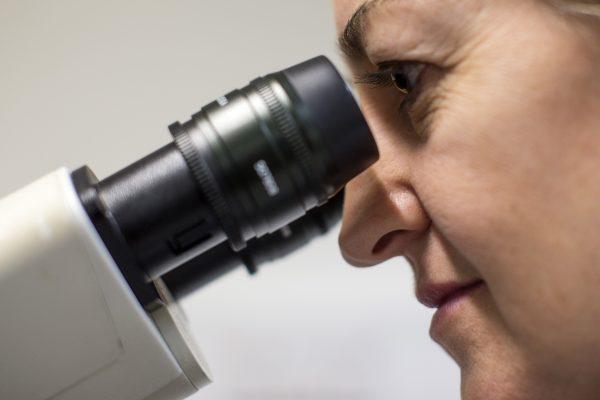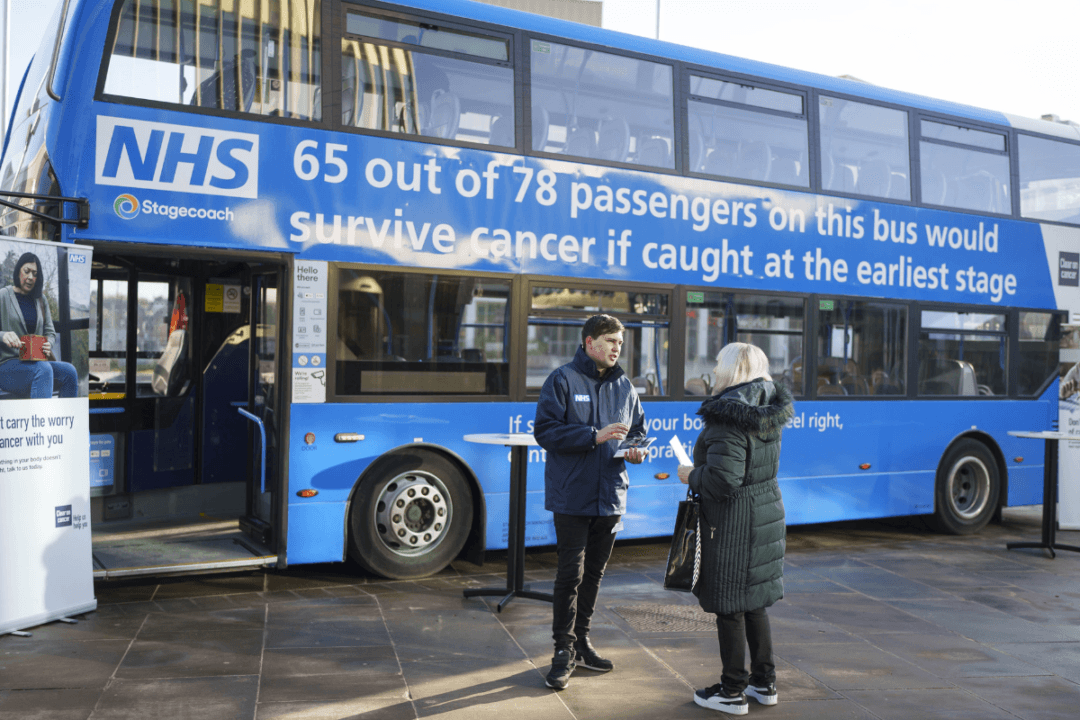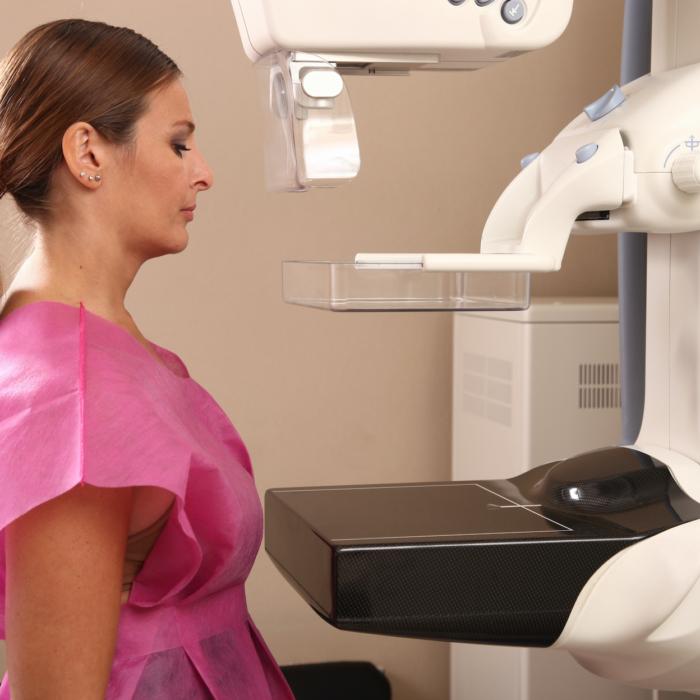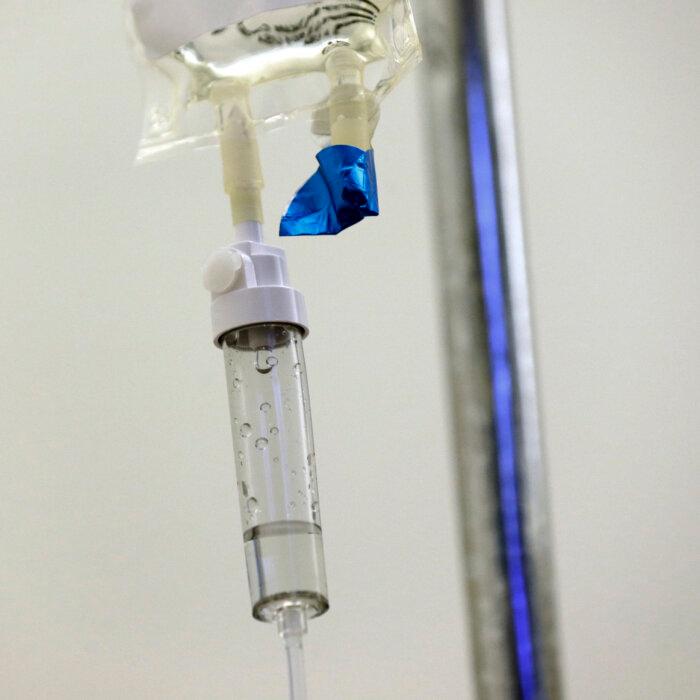The proportion of patients being diagnosed with cancer at an early stage “has risen to its highest ever level,” the NHS has said.
Analysis from the health service published on Thursday found that nearly three in five patients in England with 13 of the most common cancers—including lung, prostate, and breast cancers—are being diagnosed at stages 1 and 2, when the disease is more treatable.
NHS data show that 120,958 of the 206,038 (58.7 percent) common cancers diagnosed between September 2023 and August 2024 were at states 1 and 2, up 2.7 percent on pre-COVID-19 pandemic levels.
According to the NHS’s findings, an additional 7,000 people were diagnosed at an early stage.
The health service said the rise followed a major drive to promote screening in the last two years, including targeting those who may have a genetic disposition to certain cancers.
Dame Cally Palmer, the national cancer director for NHS England, said that because of this work, lives have been saved.
Palmer said, “There is still much more to do to save more lives and we will not let up in our efforts to catch more cancers earlier, where treatment is more likely to be successful.”
Mobile Screening
Since 2022, the NHS has been conducting a series of national awareness campaigns to encourage screening.One such campaign launched in February 2023 was the cancer “bus-ting” tour, which saw buses travel around England to raise awareness of cancer symptoms and encourage people to visit their GPs for checks if they have any signs of the disease.
The health service has also been conducting on-the-spot scanning for cancers.
Its Targeted Lung Health Check (TLHC) programme saw vans and lorries equipped with scanners offer screening in supermarket car parks, shopping centres, food banks, and sports stadiums.
‘Much More to Do’
In response to the figures, Claire Rowney, chief executive of Breast Cancer Now, said, “While it’s positive that these figures show a small improvement in the percentage of common cancers being diagnosed at stage 1 and 2, there’s still much more to do to ensure as many breast cancers as possible are diagnosed at the earliest stages.”Rowney continued, “Currently, far too many women are missing out on vital breast screening that can detect the disease at the earliest stages, when treatment is most likely to be successful.”
She added that it was “deeply worrying” that many continue to experience longs waits to have symptoms assessed, to receive a diagnosis, and to start treatment.
“We know that guaranteeing breast cancer patients an early diagnosis is fundamental to saving more lives from the disease. Which is why Breast Cancer Now is calling for urgent action to improve uptake of breast screening, alongside speeding up breast cancer diagnosis and treatment,” she said.

The NHS aims for 85 percent of cancer patients to begin treatment within 62 days of an urgent referral. According to Cancer Research UK, this target has not been met since December 2015.
Self-Request Chest X-rays
The NHS urging people to visit their GP if they believe they have symptoms of cancer comes amid patients’ difficulties in accessing primary care.Academics and specialists who co-wrote the analysis point to current self-request chest X-ray services which have already been established in Leeds and Greater Manchester, where patients who have symptoms can access radiology services directly, with the report of their X-ray being sent to their GP.
“Given the present difficulties patients face in accessing primary care in several healthcare systems, widespread adoption of services that enable patients to arrange investigation without a GP consultation warrants urgent consideration,” the authors wrote.
Prime Minister Sir Keir Starmer said at the time that his government would transform the NHS from a “broken system” to one that is fit for the future.







